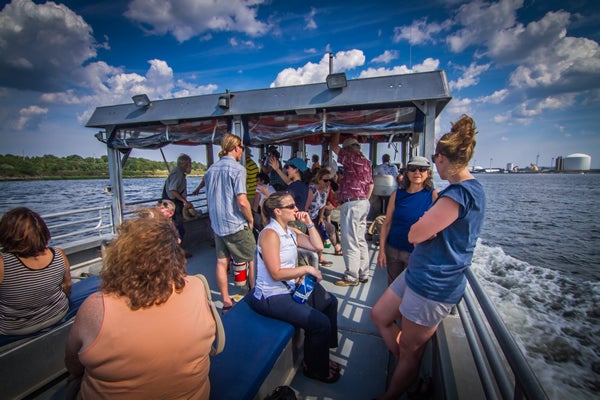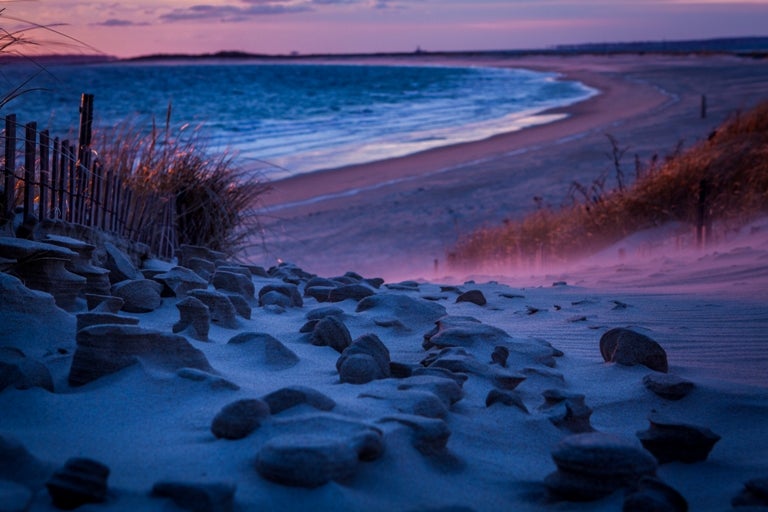COASTAL INSTITUTE PROJECTS
CI Project funds are available to academic researchers, state and federal agencies, nongovernmental organizations, and others to support the Coastal Institute mission. These projects involve a partnership with the Coastal

Institute in which the CI director and/or assistant director take a more active role in the work. In addition, these projects encompass efforts beyond academic research and could include supporting state/university partnerships to improve coastal resources management, developing a documentary or other media to highlight natural resources science, or hosting a workshop to provide critical training to state and academic researchers.
COASTAL INSTITUTE INITIATIVES
CI Initiative funds are available to develop an ongoing partnership between the Coastal Institute and another organization internal or external to the University of Rhode Island, an agency, NGO, and/or other institute. Unlike CI Project funds which are typically awarded for a single event or limited amount of time, CI Initiatives are created with the intention to continue for an extended amount of time or even indefinitely. Examples of current initiatives include the CI serving as chair for the RI Environmental Monitoring Collaborative for the state of Rhode Island, maintaining the Scientific Support of Environmental Emergency Response memorandum of understanding with the RI Department of Environmental Management, and co-coordinating Watershed Counts with the Narragansett Bay Estuary Program.
Eligible Applicants

Academic researchers, state and federal partners, nongovernmental organizations and other organizations internal or external to the University of Rhode Island are eligible to apply for a CI Project or CI Initiative. Funding amounts vary greatly based on the scope of work proposed and the availability of Coastal Institute funds.
Due to the involvement of the Coastal Institute in CI Projects and CI Initiatives and the potentially long-term commitment, it is highly encouraged that organizations interested in these funding opportunities discuss their proposals with the Coastal Institute prior to applying.
Application
Please submit an application, which will include:
- brief description of how the funding will be used,
- how the Coastal Institute will be involved,
- other funding sources contributing to the proposal,
- how your request aligns with the mission of the CI.
CI Project and CI initiative applications are accepted on a rolling basis and funding is dependent upon the alignment with the Coastal Institute mission as well as availability of funds. Reviews generally include follow-up conversations in person and/or by phone and may require a formalization of the partnership between the Coastal Institute and other organizations.
Funded Proposals
Please assist in sustaining the value of the Coastal Institute by including credit to the Coastal Institute for any presentations, publications, or events, e.g., “This ________is made possible by the support/partial support of the URI Coastal Institute.” Please use the high resolution Coastal Institute logo where possible.
Recipients will be required to submit a final report and may be called upon to provide a brief report at the Coastal Institute Senior Fellows Annual Meeting.
Successfully funded CI Projects and CI Initiatives are highlighted on a public database and may be featured on the Coastal Institute website and informational materials.
